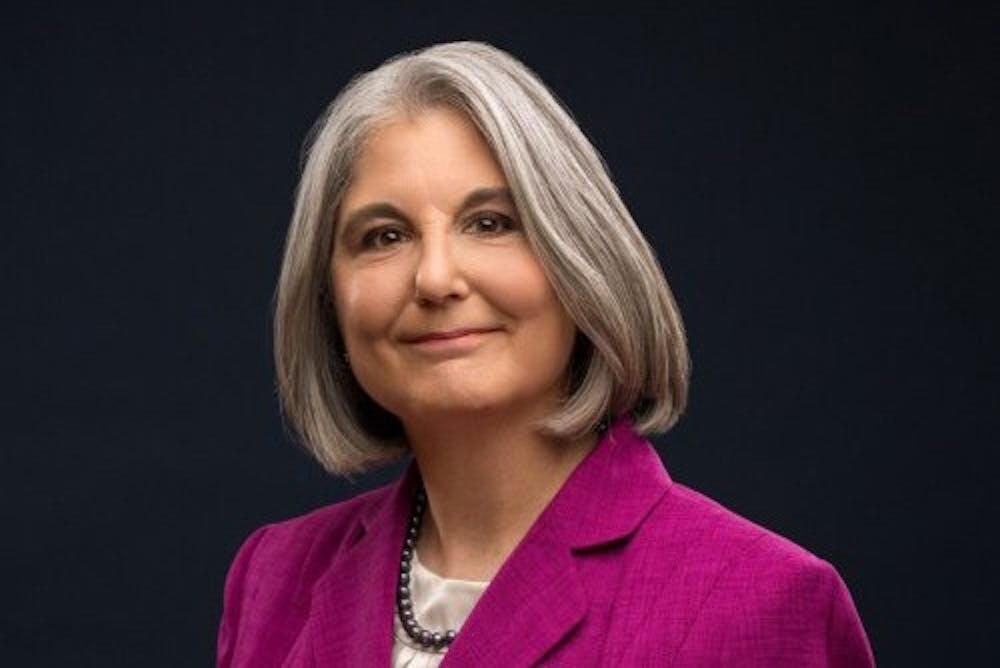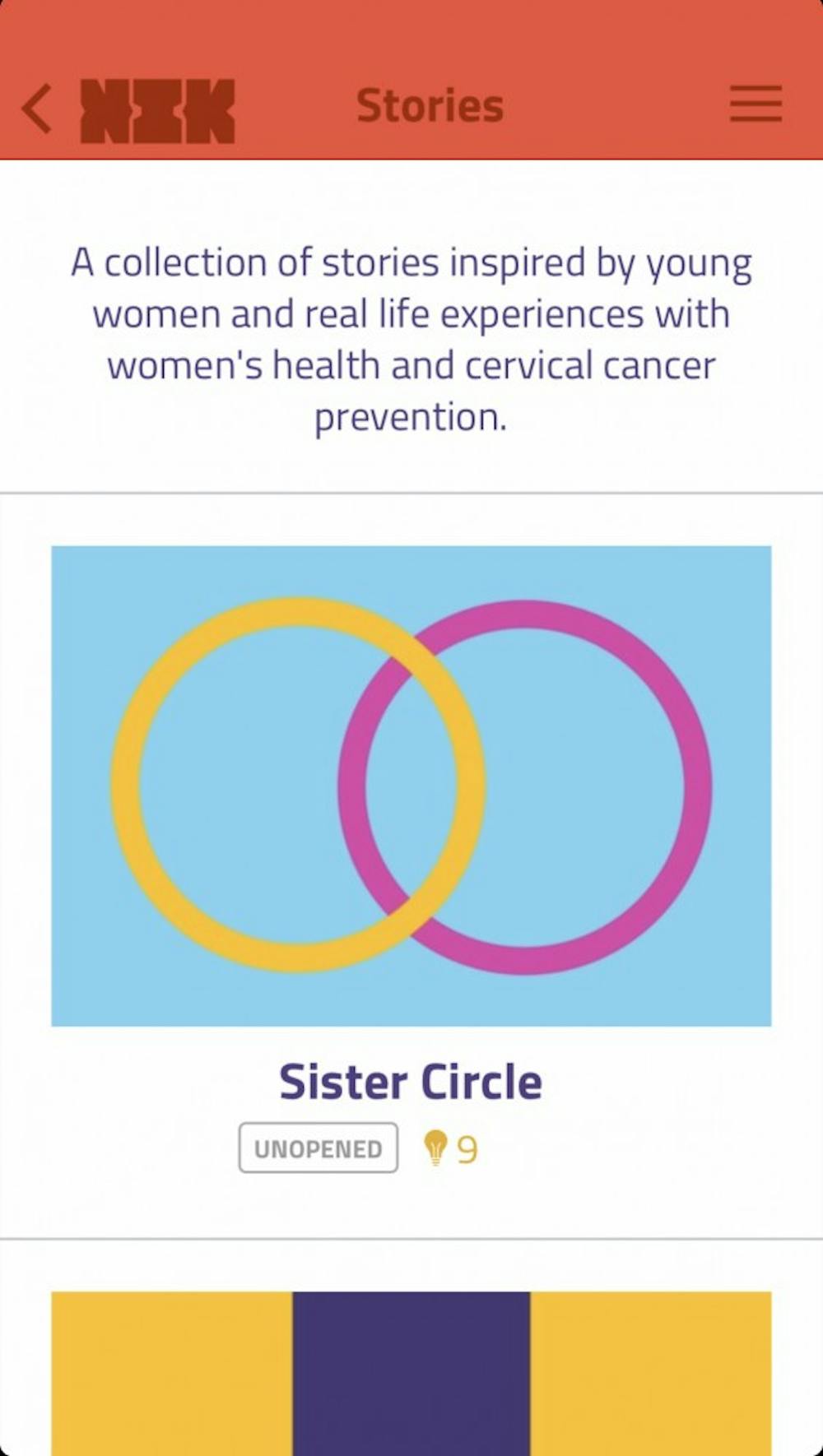
Penn Nursing professor Anne Teitelman designed a new app to bring cervical cancer awareness and prevention to the daily lives of young women.
The app, titled "NowIKnow," encourages women to complete the three dose vaccine series for human papilloma virus (HPV), which causes cervical cancer. Despite the effectiveness of the vaccine, Teitelman said many women do not complete the six month vaccine series.
The app works to combat this by giving users a vaccine tracker with a calendar countdown and regular reminders. It also highlights new stories about women's health experiences and provides a digital forum where users can post questions and receive responses from medical professionals.
With over thirty years of clinical practice — primarily in underserved urban communities — Teitelman said she wants to increase access to the work she typically does in a clinical setting. She added that she especially wants to provide a community for marginalized women, who often have fewer resources, and said the app's development largely focuses on their needs.
“We may be seeing women in practice once a year,” Teitelman said. “Wouldn’t it be nice if there was some way to continue to interact with them, to give them information and support?”
The app was formed using community-based feedback; her team recruited young women to serve on a community advisory board to review a mock app, said Su Kyung Kim, who served as Teitelman’s research project manager and who received her Nursing Ph.D. from Penn in 2015.
Because NowIKnow's user base is largely women ages 18 to 26, Teitelman enlisted the help of Penn students from undergraduates to postdocs like Rebecca Duncan, 2015 Nursing and College graduate and Teitelman's research assistant, to ensure that stories in users’ feeds would be relatable and engaging to young adults.

The community said they wanted the app to provide a public forum.
“People wanted to feel like they could hear stories and communicate with other people, so that led to the development of a discussion board,” said Duncan.
Through the discussion board, users can ask questions and receive responses from other users and professionals.
Teitelman’s team also studies the ways to motivate women to complete the vaccine series.
“There is a science around behavior change. What we have done is actually study and identify motivating factors that lead to – in this case – the completion of the HPV vaccine,” Teitelman said. Earlier this month, she published a paper on the behavioral science she built into NowIKnow.
While developing the app, Teitelman also made an effort to consider smartphone accessibility in underserved communities. Her team examined research on mobile health app usage, which was conducted by the Pew Charitable Trust.
“What they’re finding is that there is actually more use of mobile phones among marginalized populations because they abandon landlines, and they often don’t necessarily have a computer, but they use their phones,” Teitelman said.
A significant percentage of marginalized populations, however, still do not own smartphones.
“In a more recent study we’ve done with low income and marginalized women, we found that about 30 percent did not have smartphones,” Teitelman said. Although some people may not own a smartphone, Teitelman said research indicates nearly everyone has a mobile phone that can receive text messages. She added that for her current project, she is working with a text messaging application "to make sure that we don’t leave anybody out."
The Daily Pennsylvanian is an independent, student-run newspaper. Please consider making a donation to support the coverage that shapes the University. Your generosity ensures a future of strong journalism at Penn.
Donate



